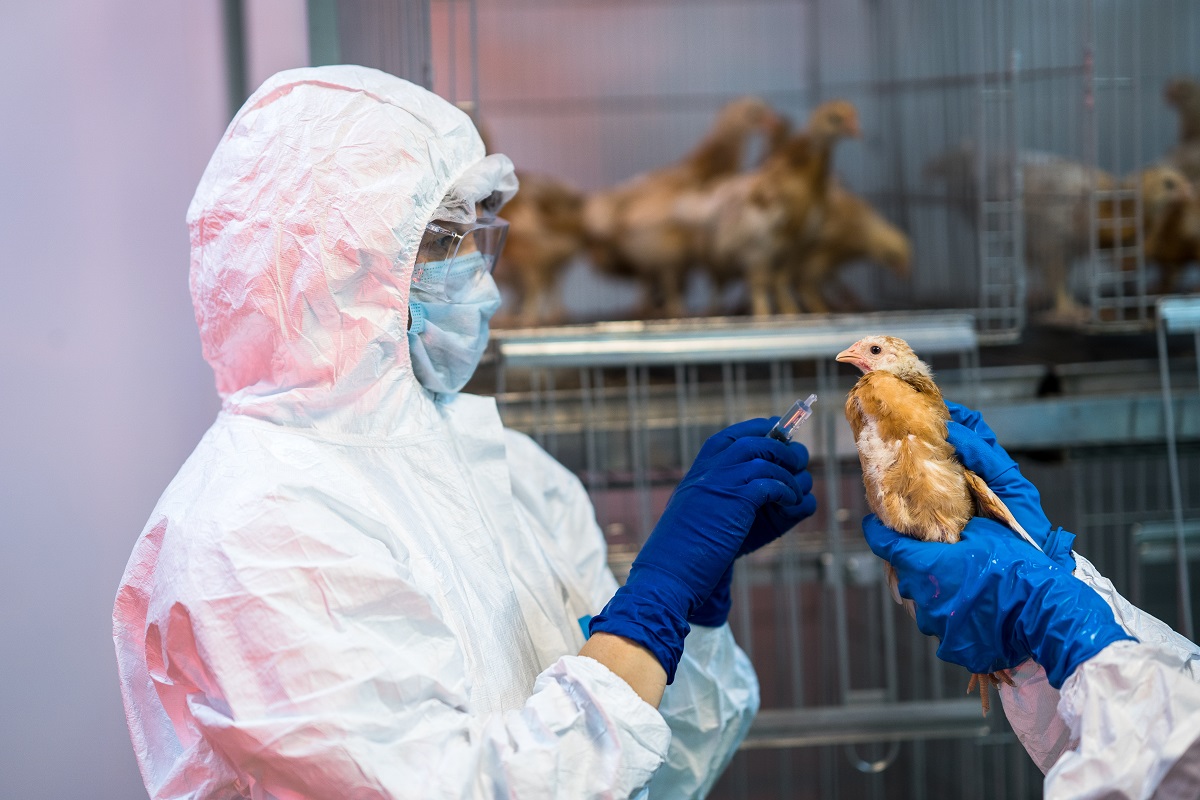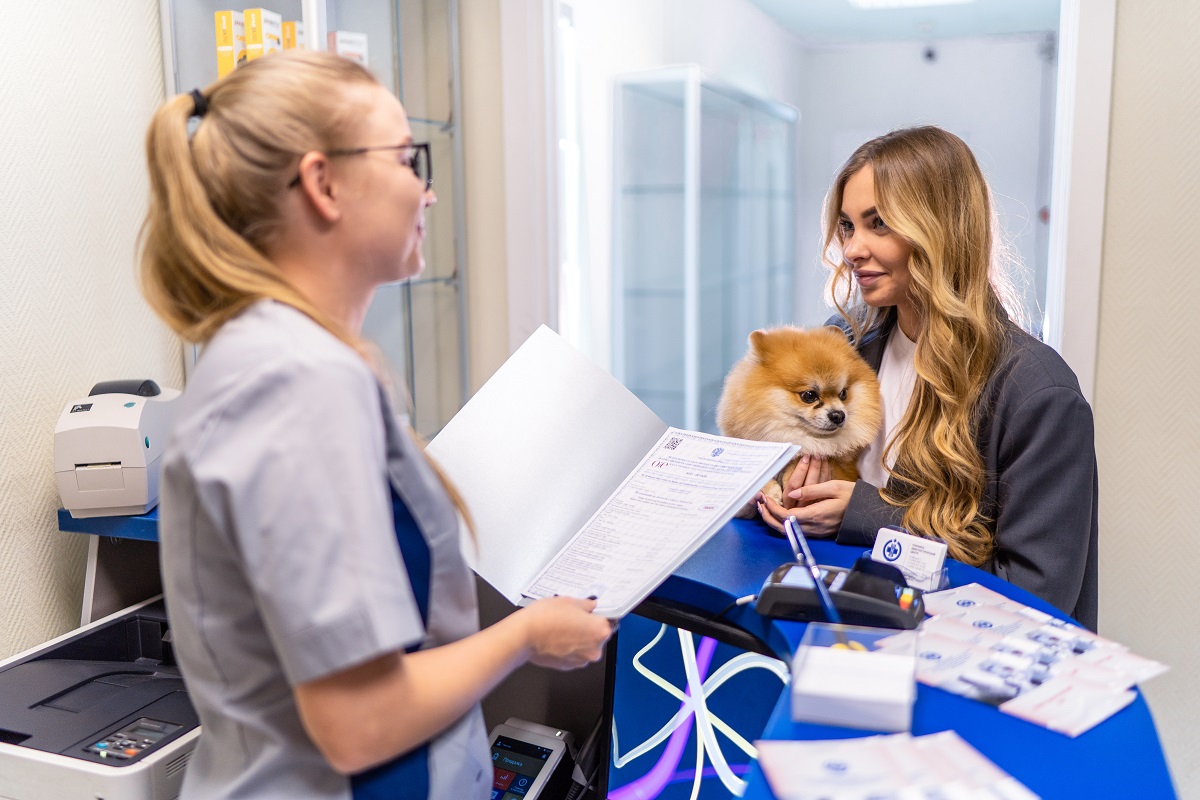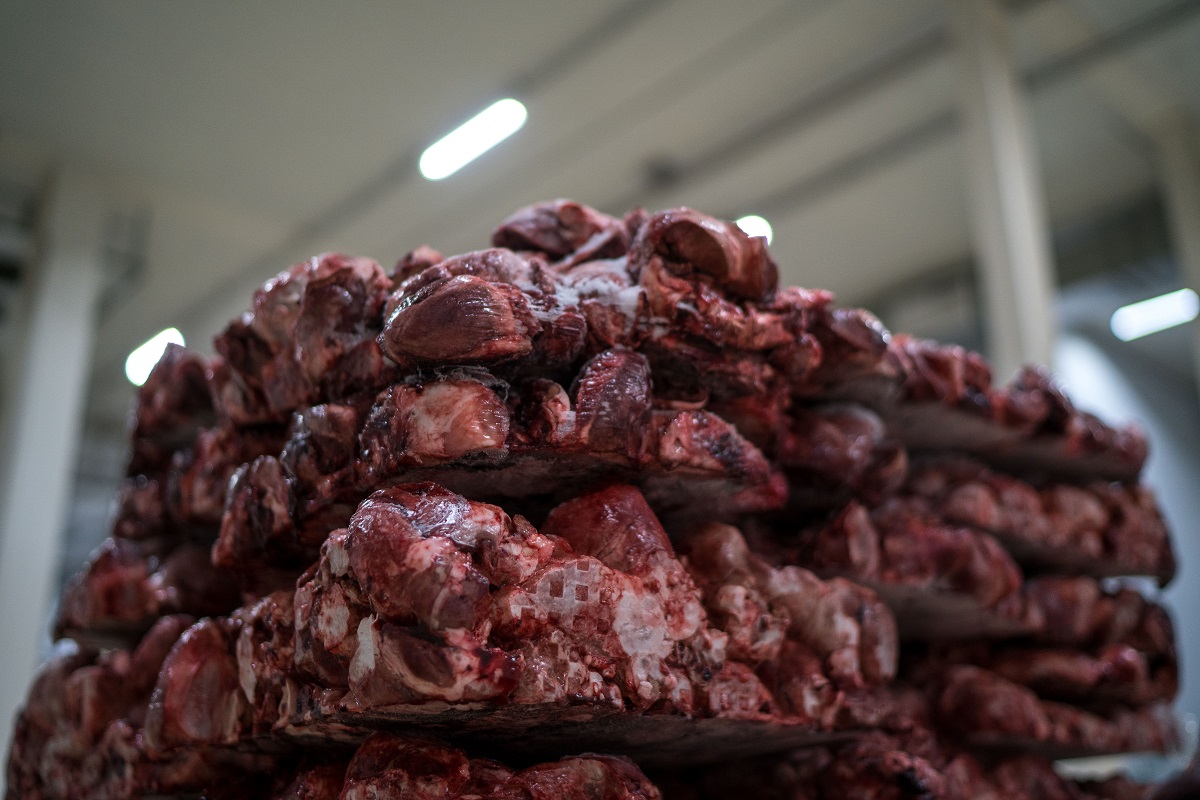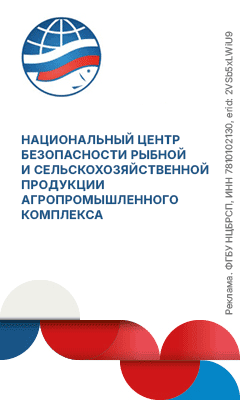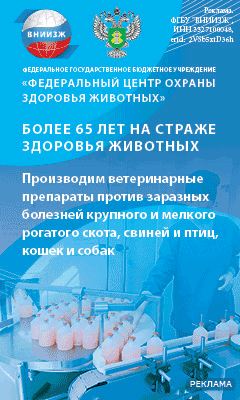4 outbreaks were detected in wild birds and 11 in domestic poultry.
Cases in domestic poultry are mostly reported at backyard farms, where biosafety rules are often violated.
Thus, at the end of June, a H5N1 bird flu outbreak was identified in a backyard flock of 41 ducks and turkeys, in the Kursk region (Troyanovo village, Zheleznogorsk district). One bird fell ill and died. According to current regulations, all poultry on the property is to be culled.
As Rosselkhoznadzor has pointed out previously, the avian flu situation is better controlled in Russia, than in Europe, which suffers from hundreds of bird flu outbreaks.
Thus, since the beginning of 2022, 1398 outbreaks of highly pathogenic avian influenza (HPAI) were reported in France; 564 in Germany; 359 in the Netherlands; 203 in the UK; and 206 in Hungary.
A new vaccine against HPAI was developed by scientists of the Federal Center for Animal Health of the Rosselkhoznadzor (FSBI ARRIAH). Large-scale production of the vaccine is to be launched at the beginning of the fall.
The new vaccine was developed on the basis of the Yamal strain of the low pathogenic influenza virus of type A of subtype H5N1, isolated from poultry in the territory of Russia.
Information note: Highly pathogenic avian influenza (HPAI) is an acute, highly contagious infectious disease, characterized by severe damage to the cardiovascular and central nervous systems, organs of the respiratory, digestive, excretory and reproductive systems.
Clinical signs in animals: decreased egg production, lack of energy and appetite, ruffled feathers, cyanosis (purple discoloration) of the comb and wattles, head swelling, subcutaneous hemorrhage of the skin on feet and shanks, lack of coordination, nasal discharge, coughing, sneezing, conjunctivitis (pink eye), diarrhea.



